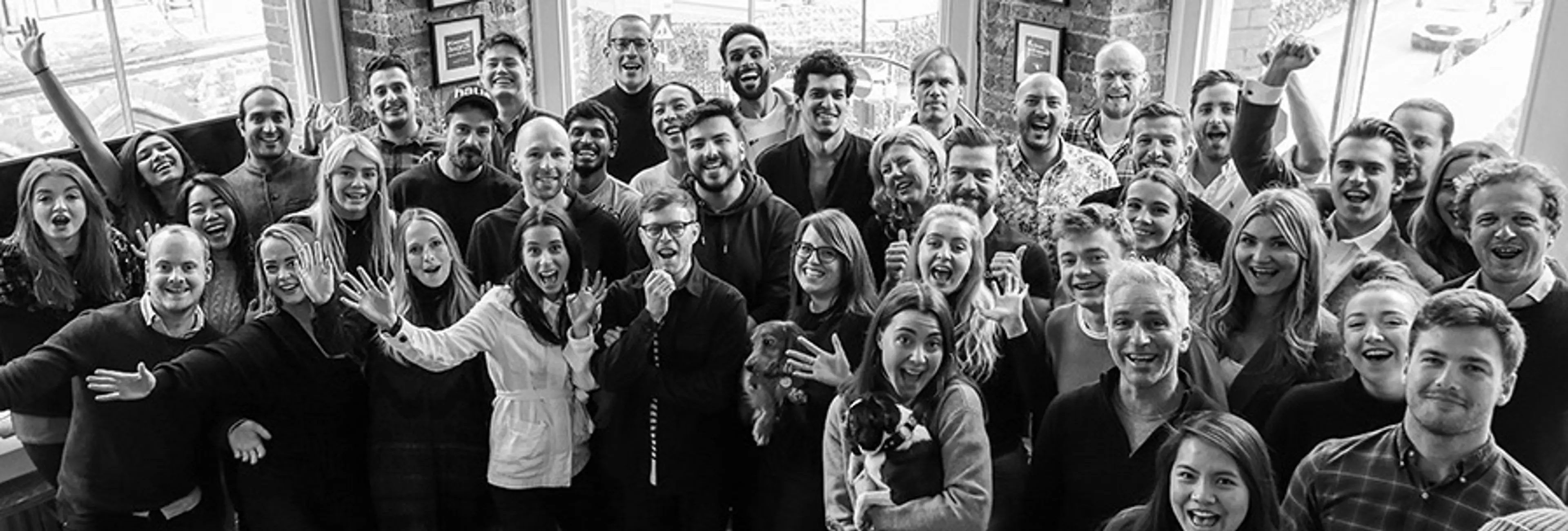
Trends & Insights
1 Mar 2019
4 Min Read
Inclusion, Education & Wellbeing in the Workplace
We attended the BAB Stir Conference, '100 Year Life', to gain expert insight into how century-long life expectancies will impact the future workforce.
““Lifelong learning is more crucial than ever””
Trends & Insights



